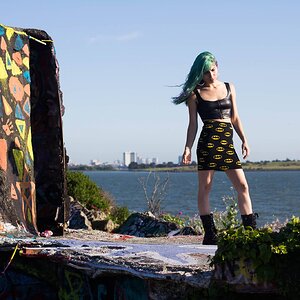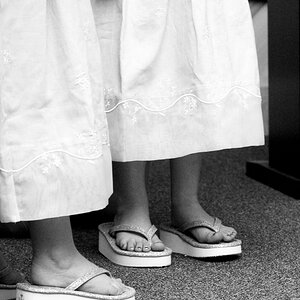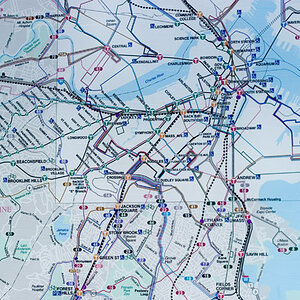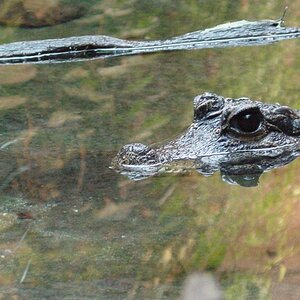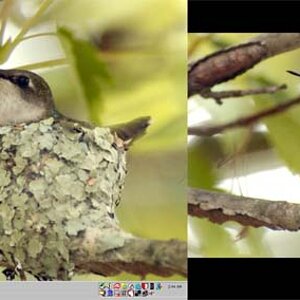JenR
TPF Noob!
- Joined
- Nov 17, 2006
- Messages
- 350
- Reaction score
- 11
- Can others edit my Photos
- Photos OK to edit
At what point (if ever) did you start to feel like you really, truly understood photography?
I have done some reading and understand the basics of aperture, shutter speed, ISO, etc. I have read my camera manual cover-to-cover and understand most of it.
I see great picture opportunities all the time, but can't quite get the camera to capture what I envision. Once I get the images to the computer, I realize that I should have been shooting at a different angle or with more or less DOF or whatever. I take plenty of pictures (I just took 40 of my daughter eating a snack), but can never quite capture in pixels the scene that I see in my head. Does it ever get more instinctual (is that even a real word?) or am I expecting way, way too much?
~jen
I have done some reading and understand the basics of aperture, shutter speed, ISO, etc. I have read my camera manual cover-to-cover and understand most of it.
I see great picture opportunities all the time, but can't quite get the camera to capture what I envision. Once I get the images to the computer, I realize that I should have been shooting at a different angle or with more or less DOF or whatever. I take plenty of pictures (I just took 40 of my daughter eating a snack), but can never quite capture in pixels the scene that I see in my head. Does it ever get more instinctual (is that even a real word?) or am I expecting way, way too much?
~jen



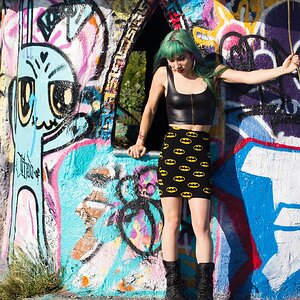
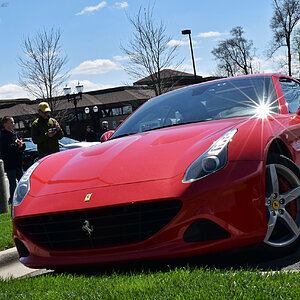
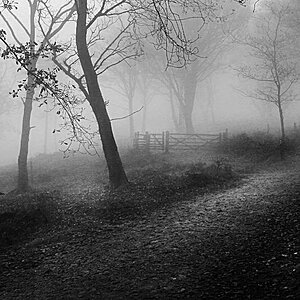
![[No title]](/data/xfmg/thumbnail/37/37534-e0f67d1d14bd79cca15937359f0e4c94.jpg?1619738132)
